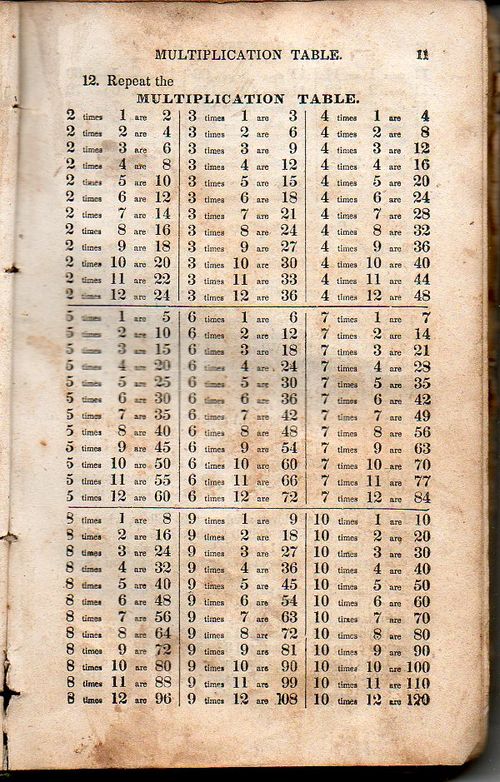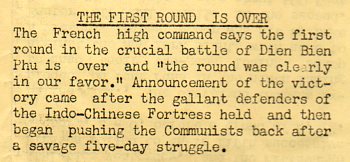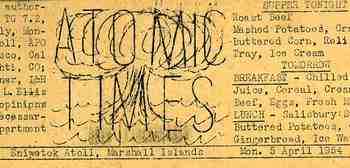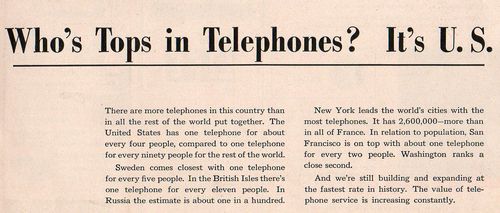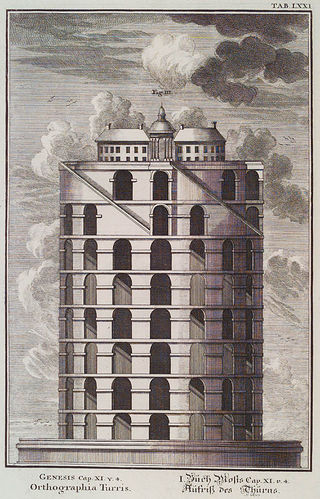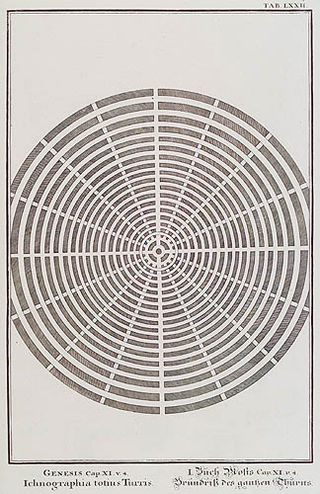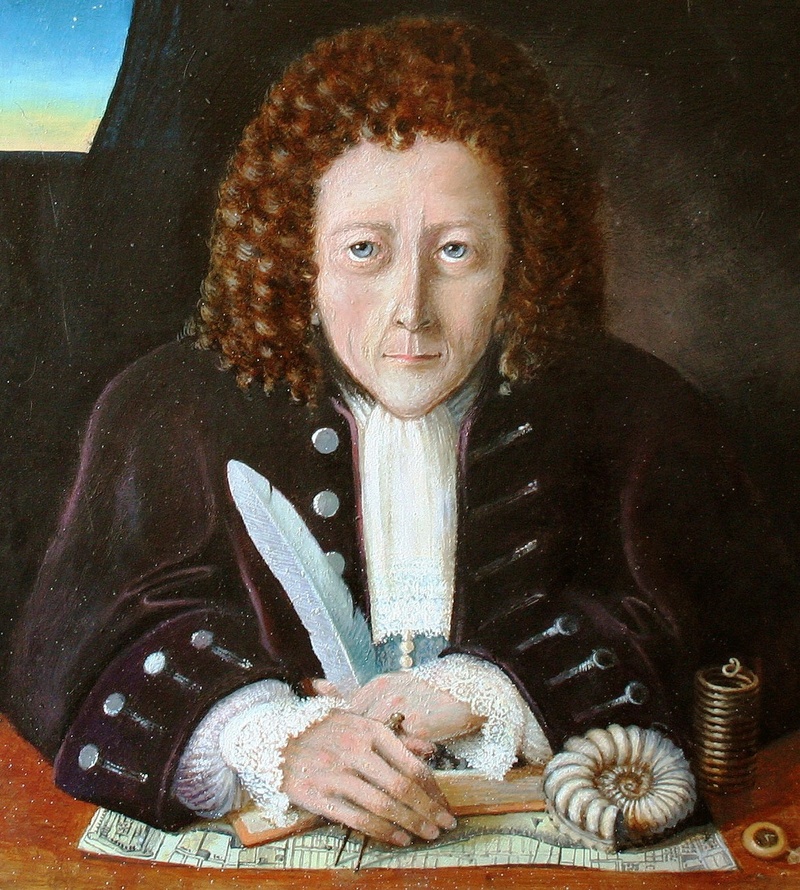JF Ptak Science Books Post 1953
"It’s a beautiful thing, the destruction of words … what justification is
there for a word which is simply the opposite of some other word? A
word contains its opposite in itself. Take “good”, for instance. If you
have a word like “good”, what need is there for a word like “bad”?
“Ungood” will do just as well — better, because it’s an exact opposite,
which the other is not.’"--George Orwell, 1984
"Orwell and Nabokov wrote nothing like one another and did that to perfection."--Not H.L. Mencken
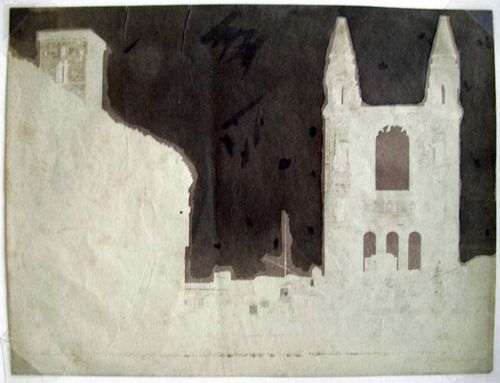 [David Octavius Hill (1802-1870) and Robert Adamson (1821-1848), St. Andrews [East Gable End of the Cathedral with Tower of St. Regulus], [1843-1847]. Calotype. Source: Princeton University Library.]
[David Octavius Hill (1802-1870) and Robert Adamson (1821-1848), St. Andrews [East Gable End of the Cathedral with Tower of St. Regulus], [1843-1847]. Calotype. Source: Princeton University Library.]
There is nothing that limits action than the control of the stuff that describes it: words. Any dictatorship or totalitarian regime can appreciate this thought--many would try to eliminate even the thinking of this thought, let alone limiting the spoken parameters of discussing it. Removing the capacity to respond to what is happening in the world with other human beings by rephrasing the experience through the introduction of new words and the elimination of old ones is an excruciating form of absolute power that can be blatant as well as subtle, though I suspect that accomplishing this word control sotto voce would be the most effective/insidious method.
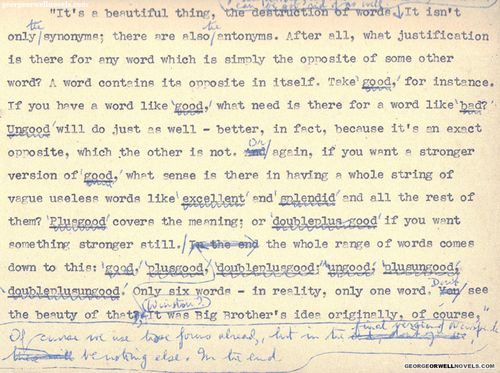 [A page of Orwell's corrected Manuscript of 1984; source: GeorgeOrwellsNovels.com here]
[A page of Orwell's corrected Manuscript of 1984; source: GeorgeOrwellsNovels.com here]
George Orwell describes a terrifying society of just this sort in his book 1984 (with the complete text available here), which was an adventure into a Mystopia of the near-future (of about the year 2050). He writes about a society, Oceania, that attempts to makes it members into one conforming biological unit for the sake of control it. One of the methods used to accomplish this is the destruction of words and the creation of other state-controlled words to replace them, a sort of single-channel television for the mind, a device using its own vocabulary which audially impregnates the listener with versions of correct thinking, redefining reality by controlling the ways of interpreting it.
This is a list of some of the words that Orwell's society creates--some of course do not stand well on there own, their deviousness appreciated in the context of the story, like the first example, "artsem", which through constancy has come to numbingly replace the idea of what the word represents. Others, like 'good", are old words with a new meaning, making them new words with a bad (or not-good) meaning. Or "free" of the old (or Oldspeak") meaning, where even the word "free" is used only to describe an absence, as in "this sentence describing the use of the word "free" is "free from the old meaning of free", like you'd want a baby to be free from germs.
See here for an autobiographical note on Orwell; "A Short History of My Life", by Orwell in 1945, here.
Airstrip One: the new word for "England", which has been reduced to nothing but a terminal for the society of 1984, Oceania, is composed of the Americas, part of southern Africa, Australia and New Zealand.
Artsem: Artificial
insemination, which is the enforced and nearly the only method of reproduction allowed in the society, another brick in a structure that controls the expression of intimacy between people. Big Brother needs new people for the society to continue, but he doesn't want there to be any emotional connection between them outside of the prescribed feelings that people are supposed to emulate. Artsem further indoctrinates a no-contact policy between people. There was the possibility of sexual intercourse but only for the production of children when artsem was not applicable--this was called "goodsex", which was the opposite of "badsex", which was sexual relations for the joy of it. The orgasm was a hunted thing, to be tracked down and eradicated.
BB: Big
Brother. The major domo of Oceania, a hitler/g-d, an extreme presence of control.
"The story really began in the middle sixties, the period of the
great purges in which the original leaders of the Revolution were wiped
out once and for all. By 1970 none of them was left, except Big Brother
himself. All the rest had by that time been exposed as traitors and
counter- revolutionaries."
Bellyfeel: an unfeeling and enthusiastic acceptance of an idea, following without knowing or knowledge.
Blackwhite: "… this word has two mutually contradictory meanings. Applied to an
opponent, it means the habit of impudently claiming that black is white,
in contradiction of the plain facts. Applied to a Party member, it
means a loyal willingness to say that black is white when Party
discipline demands this. But it means also the ability to believe that black is white, and more, to know that black is white,
and to forget that one has ever believed the contrary. This demands a
continuous alteration of the past, made possible by the system of
thought which really embraces all the rest, and which is known in
Newspeak as doublethink."
![]()



